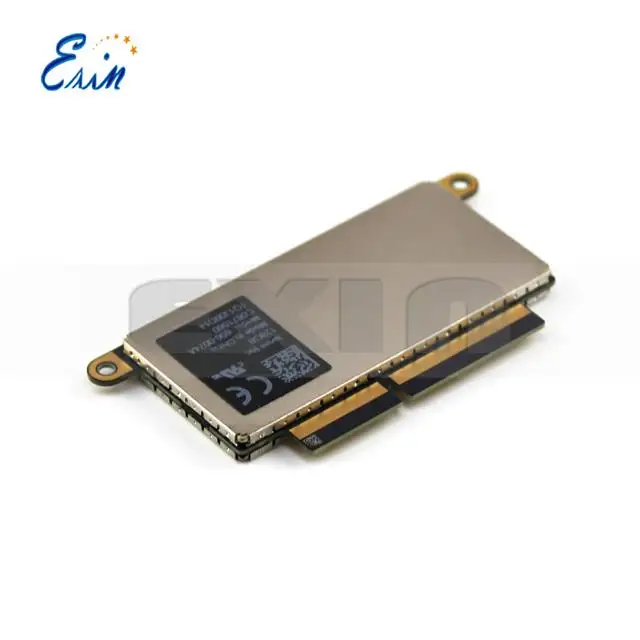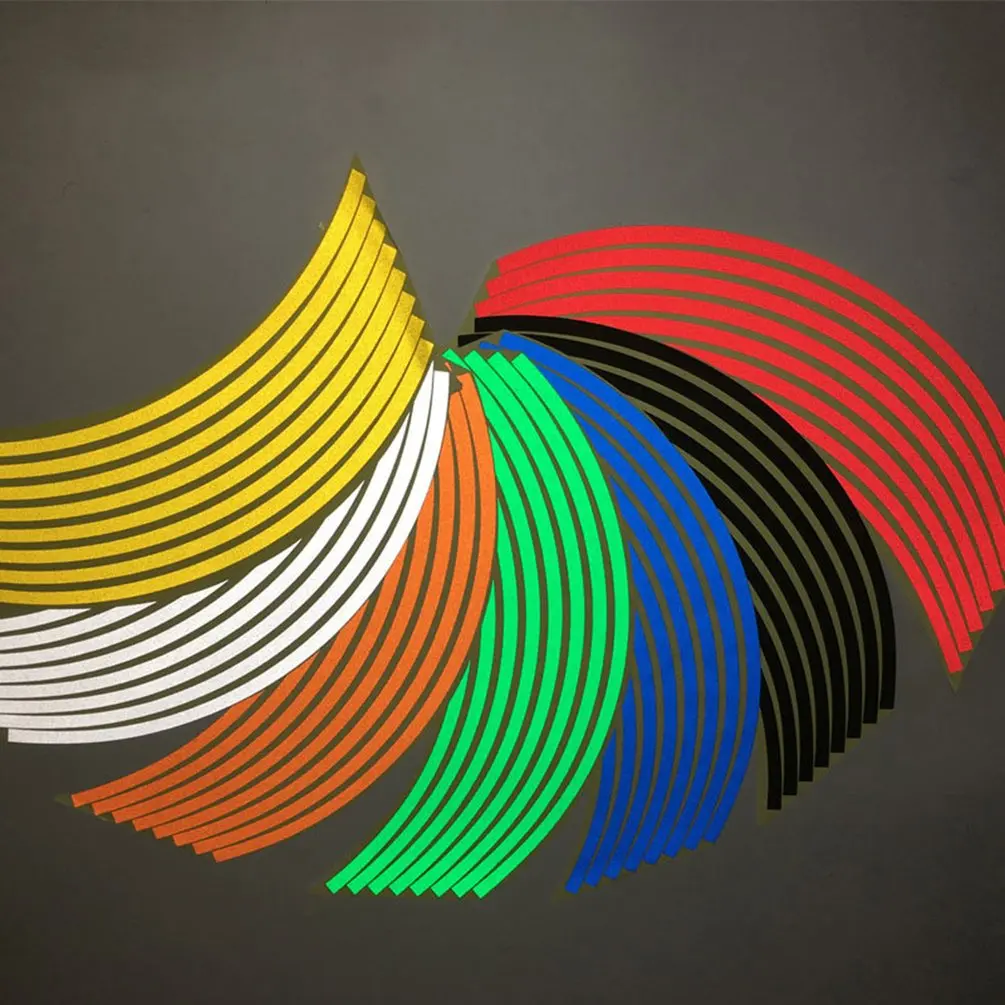

You put a lot of energy into starting it but frictional forces that slow it down could be overcome with minimal addt'l energy investment. It doesn't take a lot of power to keep a tiny low mass precision bearing and platter spinning once it is. On the other hand I think some people overestimate the amount of power a mechanical laptop drive uses, they too have been optimized for low power as much as reasonably possible. In other flash devices we discount the use of power by supportive silicon on the mainboard and only count flash chips themselves and a minimal controller bridge. mindless1 - Friday, Aplink Yes a drive is a lesser consumer of power in a laptop, but the generic controller, bridge, and cache also use some power.24" Sony CRT was like $1,600.00 originally. so now we have LCDs that are not only bigger than CRTs they are also less expensive. CRTs are less desirable AND cost more to make. I think it could be a $100- $250 option for a while for the nerds. Why? Because masses will not pay extra and yet they will become cheaper to make than the mechanical based drives. OK, maybe, I mean it's a really nice computer and people will buy it off of you for years to come. The Civic comment was about tricking it out for another $25,000.00 and then in the end having nothing more than a tricked out Civic that "sane people laugh at". gochichi - Tuesday, Aplink The Civic comment was NOT about buying a $15,000 Honda Civic and enjoying the reliability and high resale value.And you thought Apple's SSD option was pricey. That's right, the Memoright 128GB SATA SSD costs almost $4K just for the drive.

The next line told me the price of the SSD: $3,819.


128gb ssd flash solid state drive for macbook pro#
DV Nation had shipped me a 15" MacBook Pro with a sticker price of $3,074, expensive but not the shocker. I didn't realize how expensive it was until I got the package. Built with the latest in Flash-to-SATA controller technology I expected to see both performance and battery life improve.ĭVNation shipped me the drive, a Memoright MR25.1-128S (the same thing as the MR25.2-128S apparently). I was very eager to find out what would happen if I paired the latest MacBook Pro with an even faster SSD. While the Flash memory side of the Samsung SSD in the MacBook Air was fast enough, the controller became the bottleneck and thus there were some instances where the SSD option was actually slower than the already sluggish mechanical disk that ships with the Air. The overall market for SSDs was small enough that it didn't make sense to commit a ton of resources to the development of these things, thus we saw SATA drives improve in performance and PATA offerings stagnate. Once it became clear that there was consumer interest in SSDs, development quickly shifted to SATA drives and Flash-to-PATA controller technology lagged behind. When the first SSD drives hit the market they were almost exclusively for industrial applications, where reliability not performance was the top concern and they also happened to be PATA drives. If you'll remember, one of the issues with the MacBook Air's SSD is that it's still based on older PATA controller technology. Shortly after publishing my MacBook Air review we were contacted by DVNation with an interesting offer: to try out a 128GB SATA SSD in a MacBook Pro. Available only as a 64GB drive and as a $999 option from Apple, the option honestly doesn't make financial sense on a notebook that has a healthy shelf life of only a year or two thanks to a non-upgradable CPU and memory. The size and price of the MacBook Air's SSD option were both tough pills to swallow however. Also, amazingly enough, battery life was improved by a good 5 - 15% depending on the usage model. While most application usage performance didn't improve, boot and application start times were noticeably quicker. My experience with a SSD on the MacBook Air was an overwhelmingly positive one. While 2009 may end up being the first year that we see widespread adoption of SSDs (Solid State Drives) in notebooks, 2008 will go down as the year that it all started happening.


 0 kommentar(er)
0 kommentar(er)
